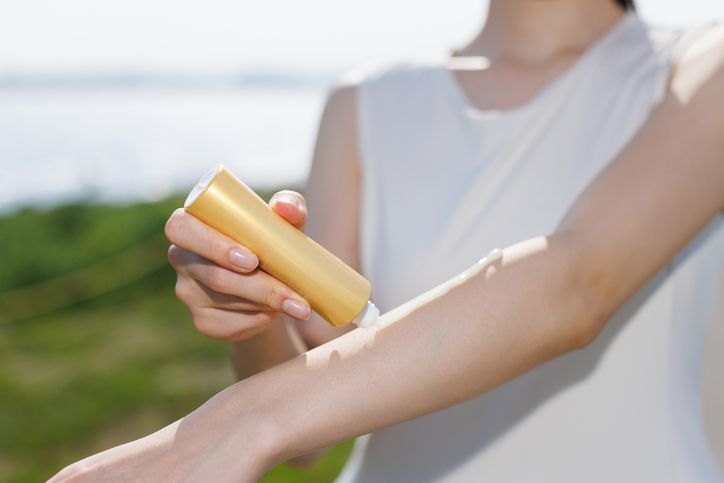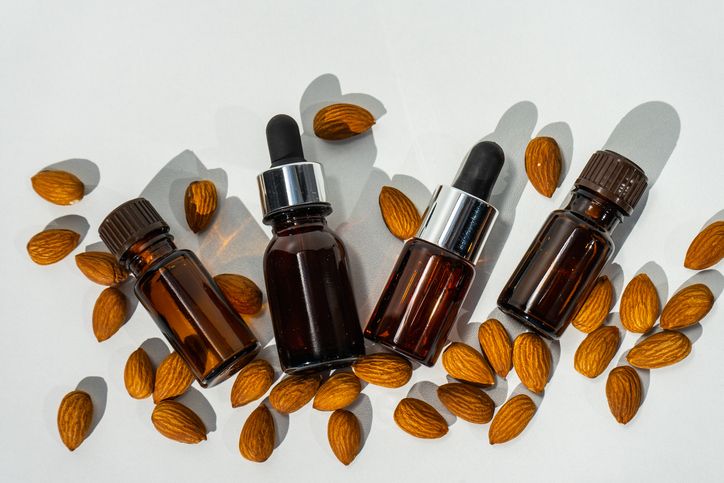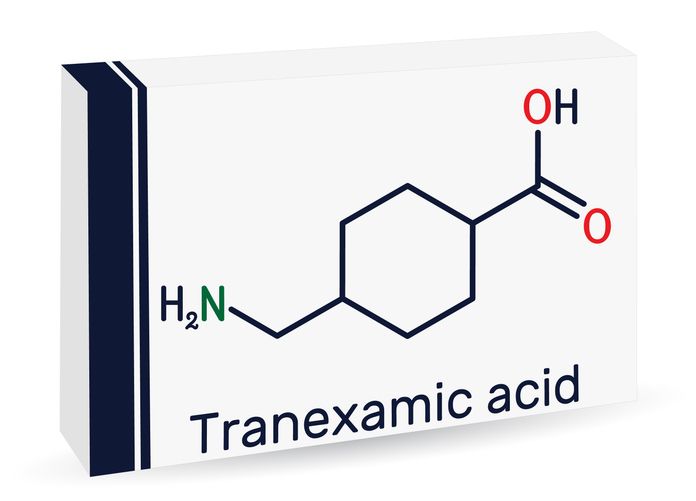- Home
- Trend
- Weight Loss Strategies
- Acne Tips
- Hair Health Information
- Blemish Removal Tips
- Acne Scar Removal Tips
- Muscle Building Techniques
- Intimate Care Tips
- Postpartum Intimate Care
- Eye Bags Wiki
- Tips for Face Slimming
- Secret of Permanent Hair Removal
- Breast Enlargement Tips
- Cure to Snoring
- Marionette Lines
- Skin-Tightening Secrets
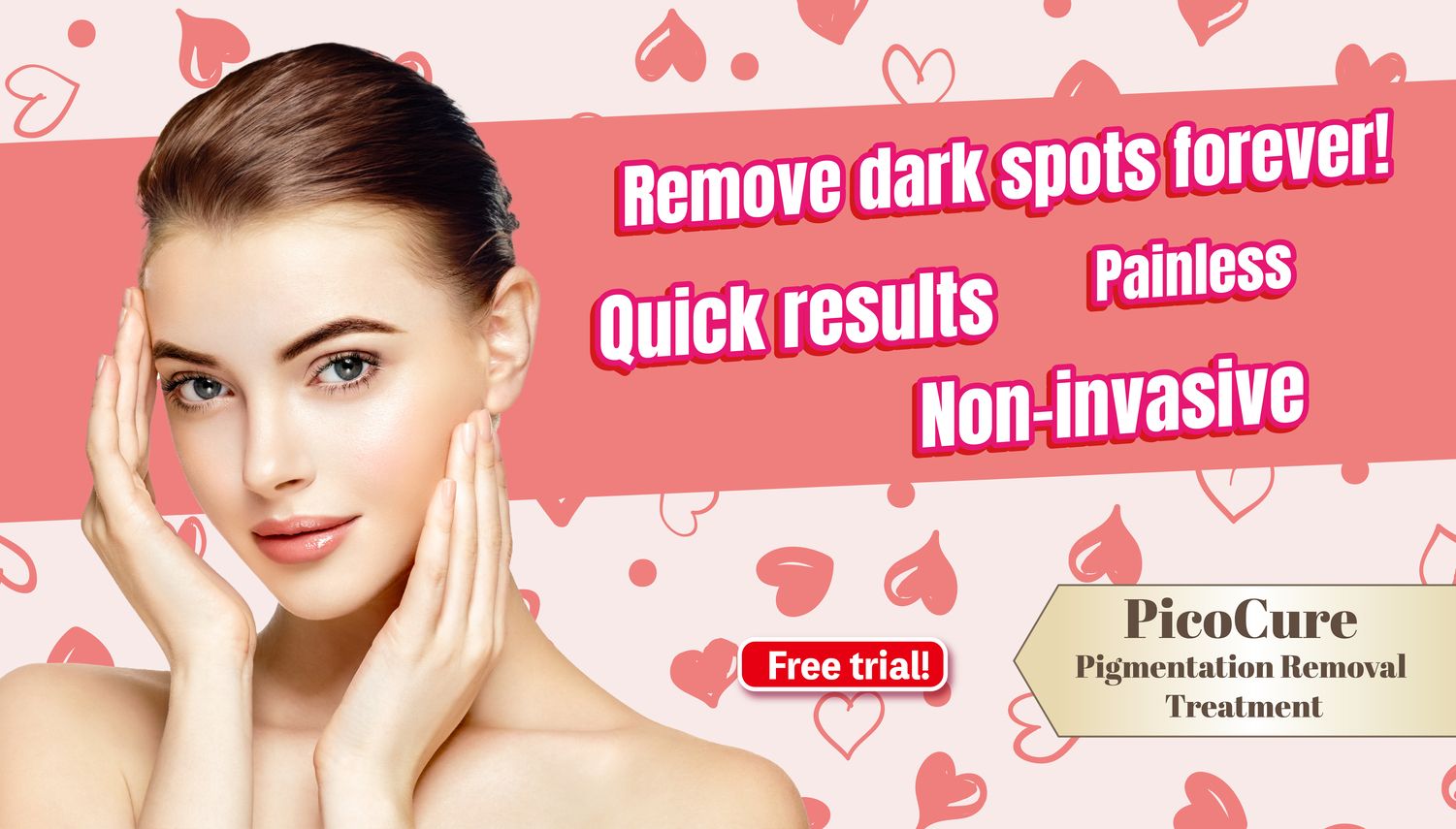
免費體驗
PicoCure Pigmentation Removal Treatment
1 Minute Self-Registration
Date should not be before minimal date
First impressions matter, and what better way to make a lasting one than with radiant, even skin? Unfortunately, dark spots, also known as hyperpigmentation, can stand in the way of achieving that flawless look. But worry not! This comprehensive guide empowers you with the knowledge to fade dark spots. We'll delve into their causes, explore various treatments, and help you create a personalised skincare routine – all to unlock the full potential of your skin's natural radiance.
1
The Main Culprit Behind Dark Spot - Melanin
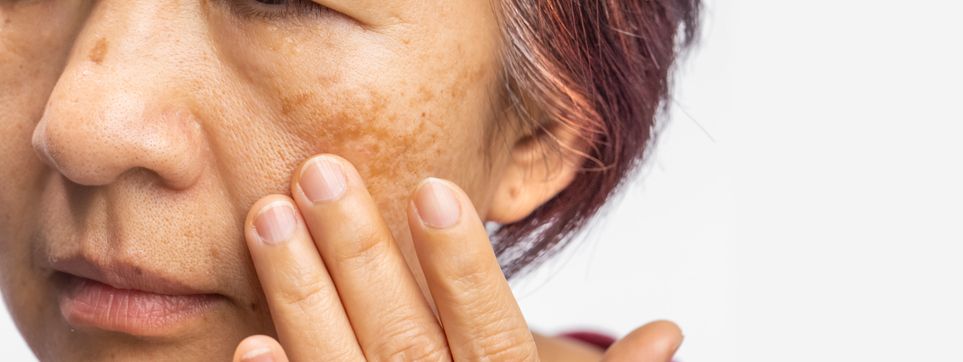
What is Melanin? Its relationship between Skin Pigmentation
Protection in Darker Skin Tones
2
What Can Happen To Your Skin If Melanin Goes Wrong?
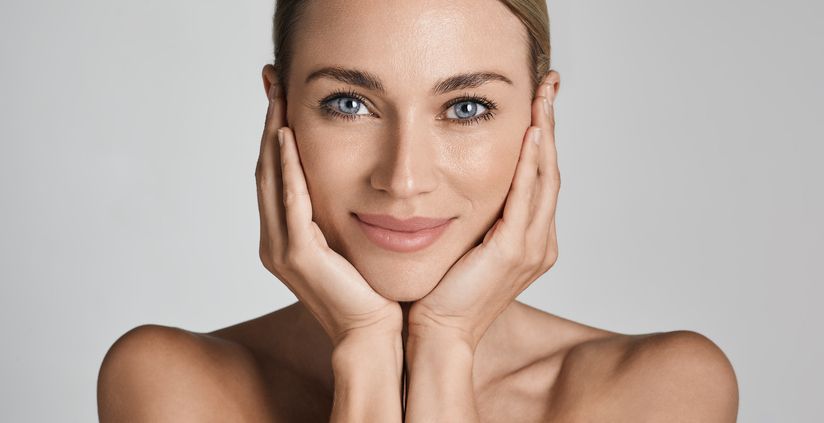
Vitiligo
Hyperpigmentation
- Glow-Up Guide: Uncover The Reasons Behind Dull Complexion And Top Remedies
- Is Niacinamide Causing Skin Irritation? Experts Say “This” Can Easily Target Melanin!
- Home IPL Dark Spot Removal Devices: 4 Skin Benefits + The Complete Buying Guide!
- What Is CO2 Laser? Can It Really Treat Acne Scars? Here’s What You Need to Know in 3 Minutes!
3
6 Major Factors Behind Your Dark Spots

Sun Exposure
Tropical Climate
Outdoor Lifestyle
Genetic Predisposition
Pollution
Hormonal Changes
4
3 Effective Options to Farewell Dark Marks Or Even Acne Scars!

1. Topical Treatments
2. Professional Treatments
3. Sun Protection

免費體驗
PicoCure Pigmentation Removal Treatment
1 Minute Self-Registration
Date should not be before minimal date
5
Closing Thoughts
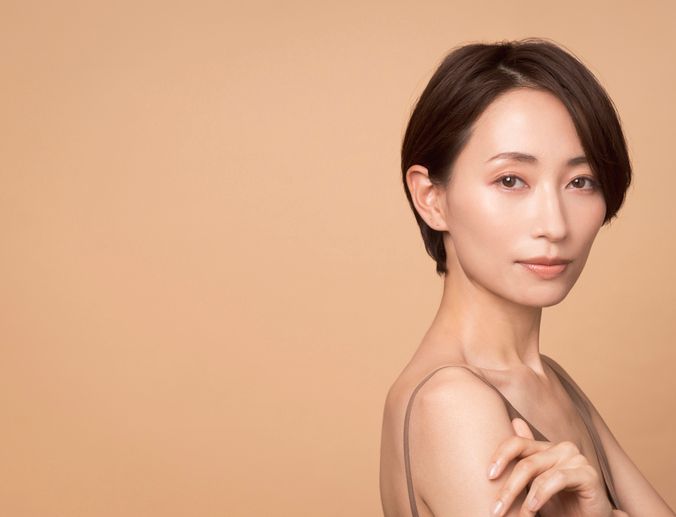
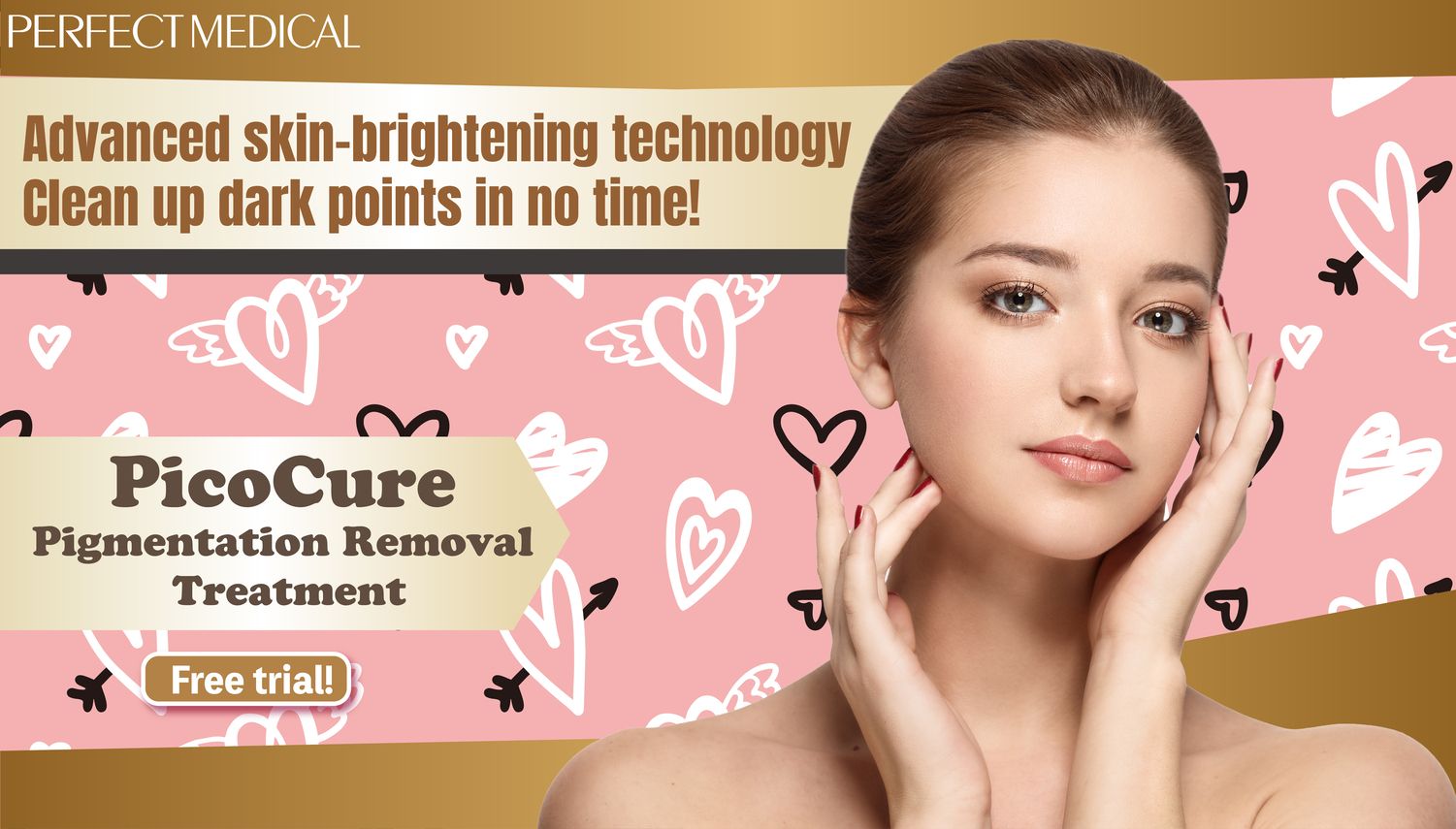
免費體驗
PicoCure Pigmentation Removal Treatment
1 Minute Self-Registration
Date should not be before minimal date
FAQ

1. How can I improve my skin tone?
If you're looking to enhance your skin tone, consider incorporating skincare products infused with vitamin C, such as the Universal C Skin Refiner. Vitamin C is renowned for its ability to brighten the skin and foster a more uniform complexion. By incorporating this ingredient into your routine, you can promote a radiant and even skin tone over time.
2. What should I include in my skincare routine for sensitive skin?
When crafting a skincare routine for sensitive skin, prioritise gentle products that minimise the risk of irritation or inflammation. Seek formulations containing soothing components like licorice root extract, known for its calming properties. These ingredients can help nurture and hydrate sensitive skin without exacerbating any existing issues.
3. Can lemon juice be used to fade dark spots?
While lemon juice is sometimes touted as a natural remedy for dark spots, it can be harsh on the skin, particularly for those with sensitive skin types. For a safer and more effective approach, consider dermatological treatments or dark spot correctors containing ingredients like hydroquinone, which are specifically formulated to target dark spots without causing undue irritation.
4. How do I keep the skin hydrated while using treatments for dark spots?
Maintaining adequate hydration levels in the surrounding skin is crucial, especially when utilising potent dark spot correctors. To achieve this, incorporate hydrating products such as moisturisers or serums infused with hyaluronic acid into your skincare regimen. These formulations can help replenish moisture levels and support the skin's barrier function, ensuring optimal hydration during the treatment of dark spots.
5. What can I do to address skin trauma and injuries that result in dark spots?
Skin trauma and injuries often lead to the development of dark spots. To mitigate this concern, consider dermatological interventions such as laser therapy or microneedling. These treatments work to stimulate collagen production and facilitate the healing process of damaged skin, ultimately reducing the appearance of dark spots and promoting skin rejuvenation over time.






